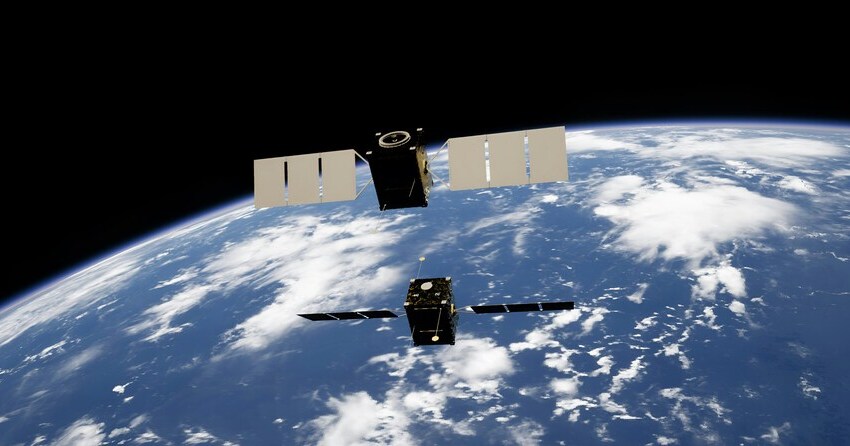
Dropbox Ends Unlimited Storage Plan Due to Misuse
Dropbox, one of the most popular cloud storage services, is ditching the unlimited storage offer on its Advanced plan. The decision comes after the company discovered an increasing number of users misusing the unlimited storage space.
The change will take immediate effect for new subscribers. For existing users, Dropbox will implement the limitations gradually.
New Advanced plan subscribers with three active licenses will receive 15TB of storage space, which is enough for 100 million documents, 4 million photos, or 7500 HD video hours. Customers who need more space can buy additional active licenses starting September 18. Each license comes with 5TB of storage.
According to the company’s blog post, Dropbox noticed a growing number of Advanced plan subscribers abusing the unlimited storage offer. Instead of using it for business purposes, they were using it for “purposes like crypto and Chia mining, unrelated individuals pooling storage for personal use cases, or even instances of reselling storage.”
Dropbox says these types of customers are using “thousands of times” more storage space than its genuine business customers, which could potentially lead to an “unreliable experience” across the platform. To ensure all users are getting the best experience, Dropbox is introducing a cap on its Advanced plan.
Existing users will move to the modified Advanced plan starting November 1. Dropbox will send 30-day reminders to existing users before the changes go into effect.
According to the company’s data, 99% of its current Advanced plan subscribers use less than 35TB of storage space per license. After November 1, Dropbox will allow these users to “keep the total amount of storage their team is using at the time they’re notified,” plus an additional 5TB for five years without an extra charge.
Dropbox is offering the same benefits to the small percentage of users exceeding 35TB per license – but for one year. The Advanced plan’s upper limit is 1000TB of storage.
Dropbox’s decision to add caps on its previously unlimited plan comes as other popular cloud services like Google have introduced similar limitations on storage space. The company first hinted at the change in May when it removed the “as much storage as you need” line from its Workspace Enterprise plan.














